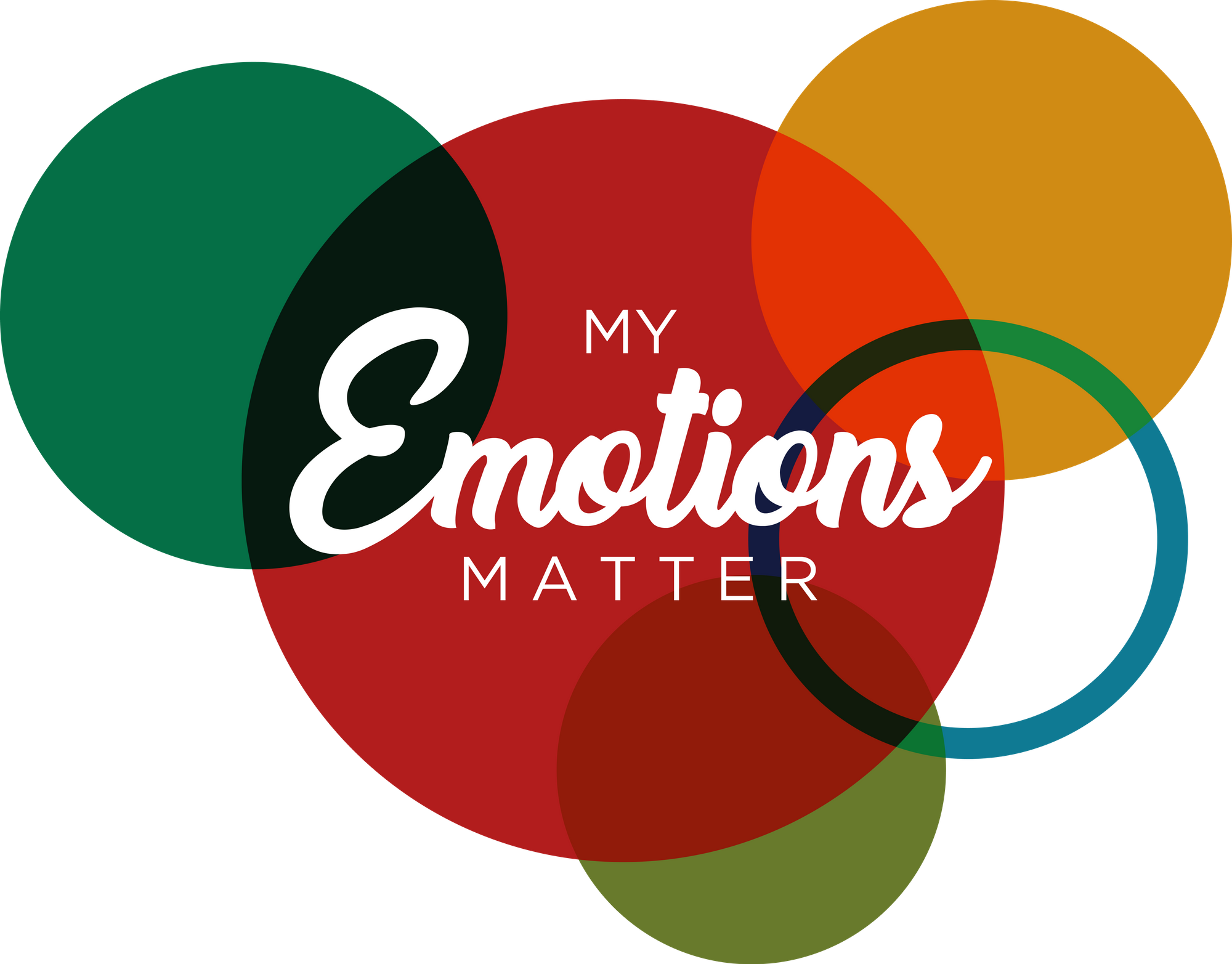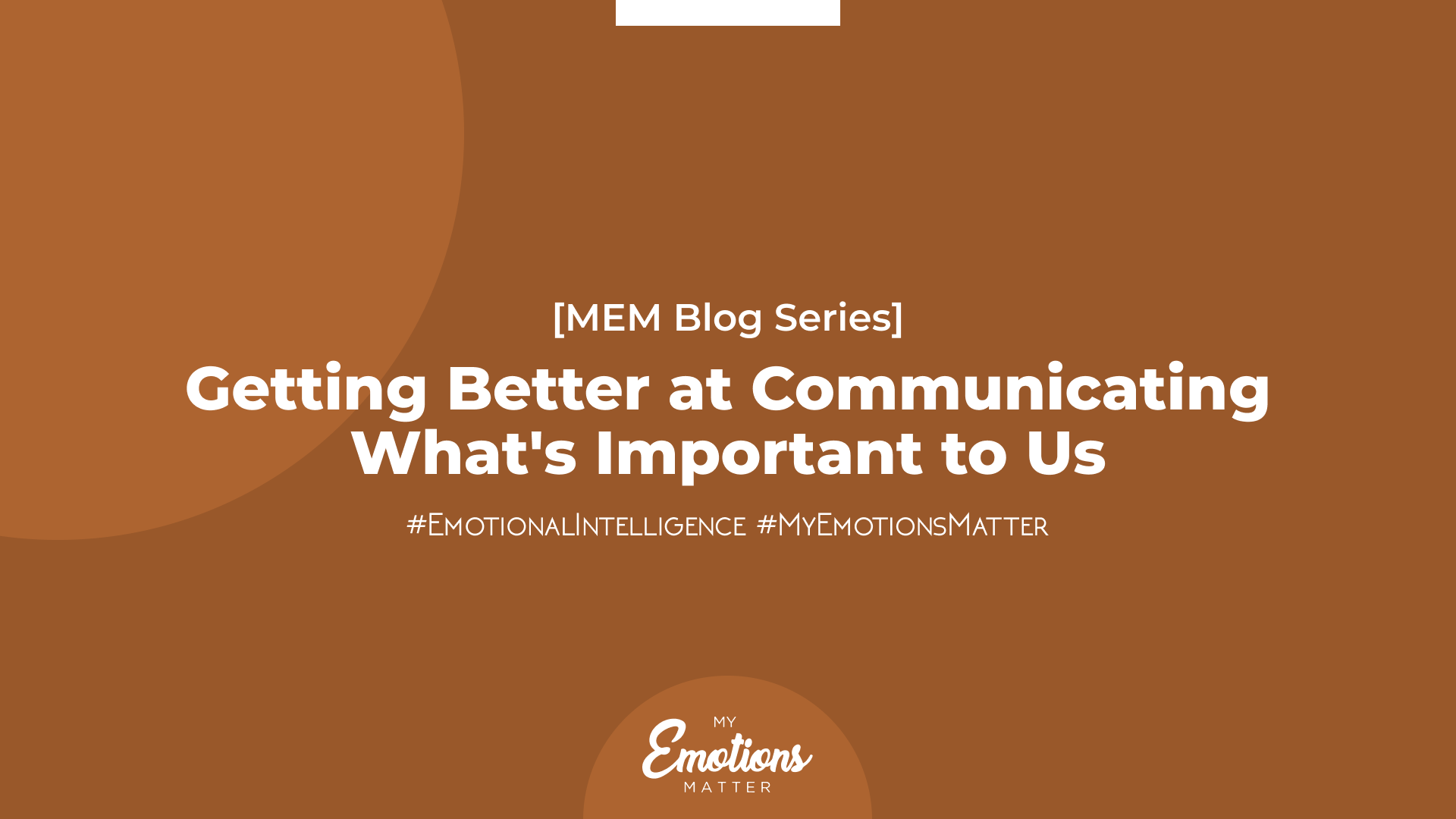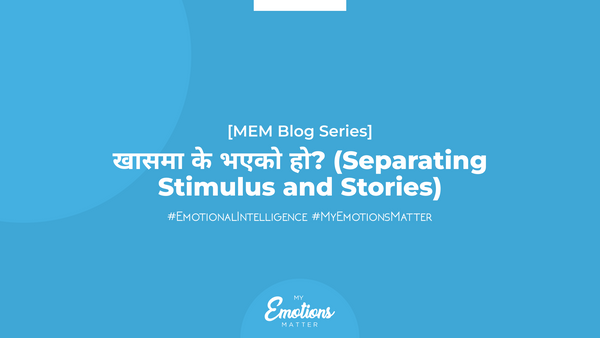Getting Better at Communicating What's Important to Us
We have a problem. We don’t share what we need, create stories in our heads about why others will not understand and end up blaming others for how unpleasant we feel.
How often have you wished for people around you to read what's on your mind without having to express it? How often have you expected them to understand what you wanted without communicating? I know I have. When they have failed to predict what I needed in some situations, I've said things like, "Malai kasaile bujhdaina" or “Mero barema matlab bhaeko bhaye afai bujhi halthyo ni!”
It is understandable that we have expectations from people we live and work with. However, imagine your default being expecting from others without communicating what you need and being frustrated when things don’t go as you hoped for. Miscommunication, misunderstandings, and conflicts would ensue. This is what we experience most of the time, don't we? When we try to save the effort of making ourselves understood, problems are bound to follow.
Empathic communication is what can help us. It means putting aside the assumptions and interpretations we have about each other and trying to understand what we need, what matters to us, and how we can support each other.
Here is an example of connecting with your partner:
What went well today?
They might mention things that went well at work, how they completed a long overdue assignment or, the fact that they worked out. You can then share your high moments of the day- no matter how big or small. Such a conversation will allow both of you to understand what you enjoy and hold dearly.
What did not go well today? What was bothering you?
Here you and your partner will have the space to address things or events that were unpleasant throughout the day. You and your partner can share what did not go well for you both at work, school, with your parents, children, or some areas of your life. Here your partner might even be able to share how some of your actions or behaviors might have caused them difficulty and how the same might have happened for you too. They might be able to say, "I was looking forward to talking to you, but you didn't pick my call earlier today." "I was hoping to see the dishes washed after getting home since you promised to help with it."
What are you looking forward to?
Despite the highs and lows, there might be some things or events you and your partner might be looking forward to. For your partner, it might be a work presentation, a date with you over the weekend, or meeting some friends. For you, it could be a football match, watching a movie together, or applying for a fellowship or a program. Sharing what you both are anticipating can help you find spaces to support each other.
As in the example above, we can use a simple tool - Rose, Thorn, Bud to reflect on our daily experiences and connect with each other- colleagues at work, friends and parents.
Rose is a highlight, success, or something positive that happened throughout the day. Ask yourself and others: What's a recent highlight? What's a small win or success you've experienced? What made you proud?
Thorn is a challenge or struggle you experienced or something for which you require more support. Ask yourself and others: What has been challenging? What is causing difficulty or stress? What needs your attention moving forward?
Bud is a new idea, possibility, or something you are looking forward to knowing, understanding, or experiencing more. Ask yourself and others: What are you looking forward to? What opportunities or events are exciting you?
What possibilities need growth and nurturing?
Using the Rose, Thorn, Bud can help us with:
1. Self-awareness: We better understand what’s going well, what’s not and what we are looking forward to.
2. Empathy: We better understand what’s going well for others, what’s not and what they are looking forward to.
3. Empathic Connection: We give others a better chance at understanding what our inner world has been like and how, perhaps, they could contribute to our well-being. Likewise, we could do the same for them.
Understanding ourselves and other people is not easy, but with effort and the right resources, we can create an environment where doing so becomes a deliberate and engaging process.




